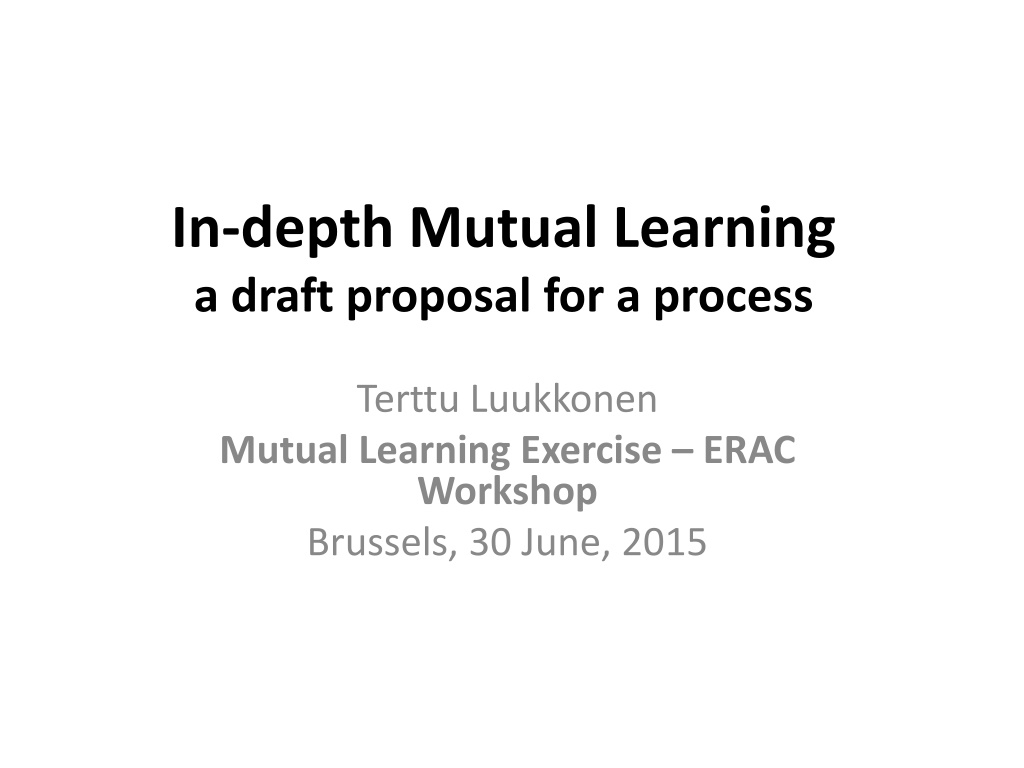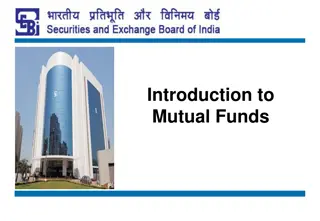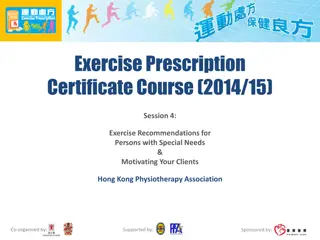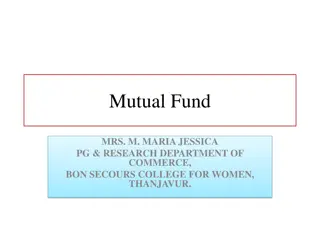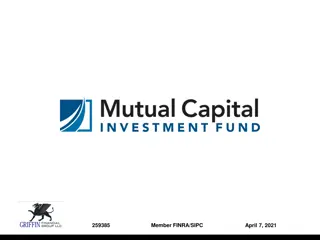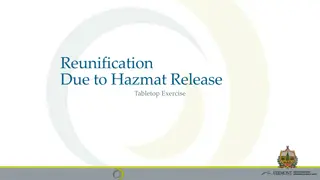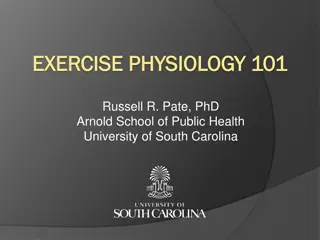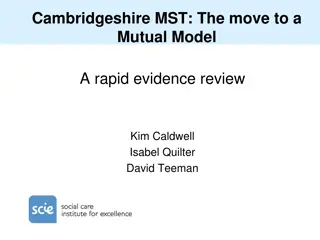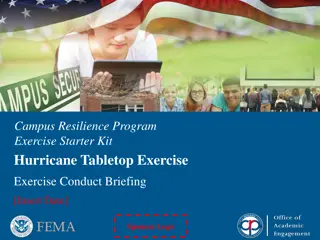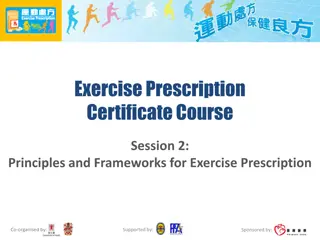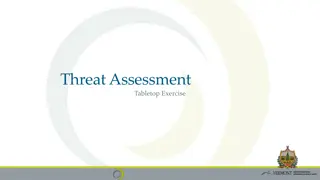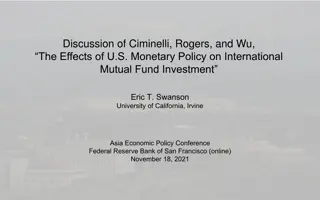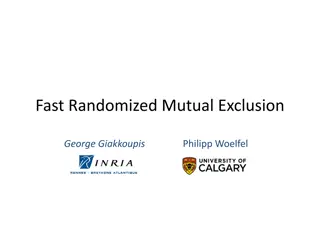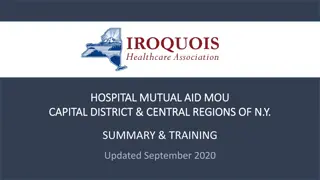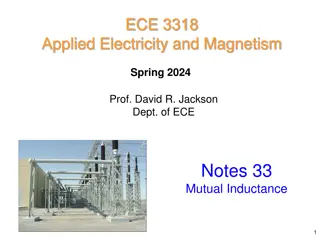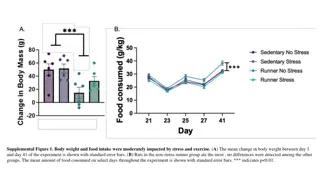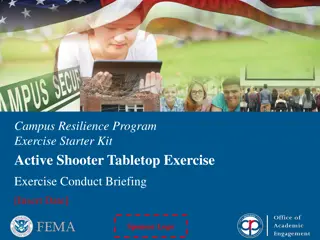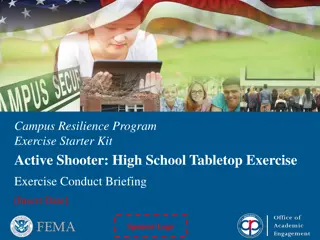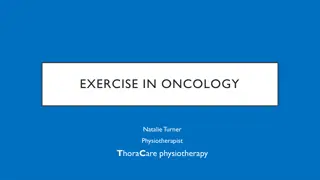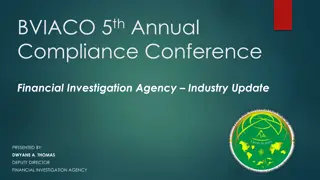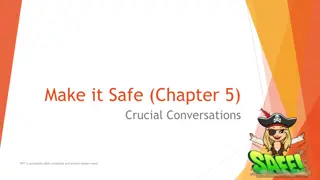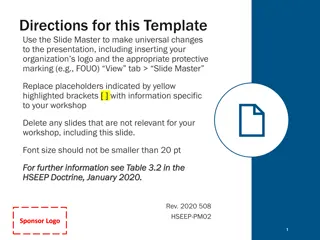Effective Policy Learning Through Mutual Learning Exercise
Enable effective policy learning through a mutual learning exercise focusing on peer-supported learning, country visits, and information exchange. The process entails selecting a topic, engaging participating Member States, project cycles, and respective roles such as the Project Support Facility (PSF) and coordinator responsibilities.
Download Presentation

Please find below an Image/Link to download the presentation.
The content on the website is provided AS IS for your information and personal use only. It may not be sold, licensed, or shared on other websites without obtaining consent from the author. Download presentation by click this link. If you encounter any issues during the download, it is possible that the publisher has removed the file from their server.
E N D
Presentation Transcript
In-depth Mutual Learning a draft proposal for a process Terttu Luukkonen Mutual Learning Exercise ERAC Workshop Brussels, 30 June, 2015
Purpose To enable more effective and more in-depth policy learning MS-driven and policy challenge-based learning Learning by doing peer-supported learning
Project-based process Typically 3-4 countries, can be more Limited duration Resources for learning from other countries and written sources Mutual and frank information exchange Targeted country visits External experts supporting learning and searching information
What MLE is not or does not do A study Just another workshop Give recommendations for adopting particular policies Put participating countries in an unequal position
Start of the MLE project Adoption of a topic for MLE project PSF assisted process Short description of the project focus MS commitment to the MLE project Authoritative expression of engagement Preliminary background report On the policy challenge Past and current attempts to overcome Persistent challenges Expectations concerning the MLE project
Project cycle A standard MLE project Preparatory and working meetings Experts and PSF assisting information search Country visits for information acquisition Internal workshop Dissemination workshop
MS requirements for the project Appointment of major participant and assisting personnel plus allot necessary time for participation Prepare a background report Provide data and information
Respective roles The PSF Administrative and substantive support Provision of resources Engagement of coordinator and expert(s) Promotion of new MLE projects The coordinator With the participating MS, help define focus, identify information needs, help organise Keep track of project progress Coordinate the work of expert(s) The expert(s) Challenge papers Tailored information
Further considerations Outcomes Peers learning from active participation in the project-based approach Better informed policy change Dissemination Reports Dissemination workshop
Further considerations Added value A more focused and tailored learning exercise A relatively short period A small number of countries An opportunity to iterative and active self-learning. Costs H2020 Costs for the coordinator and experts Travels to project-specific meetings Participating MS
Purpose of breakout groups Identification of policy challenges How MS have overcome challenges Challenges that could benefit from a potential MLE project Are there groups of countries interested in potential MLE projects How to take the process to the next stage
